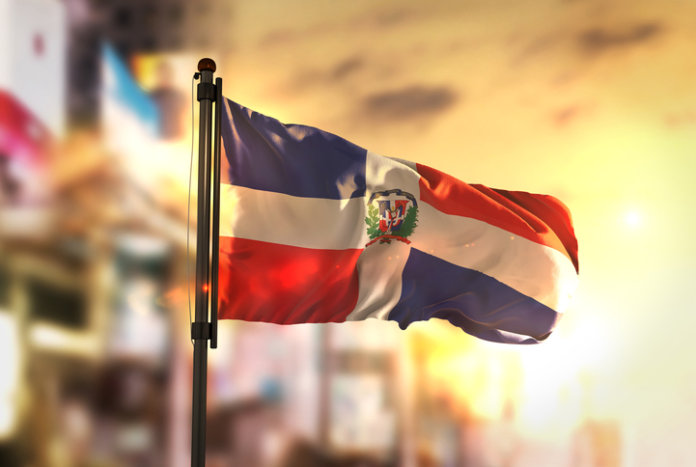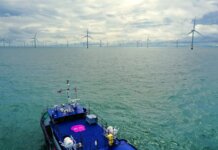With support from the Canadian government, the International Finance Corp., a member of the World Bank Group, has completed an $80 million financing package for the construction and operation of a new grid-connected, 50 MW wind farm to help diversify the Dominican Republic’s energy mix and ease its dependence on imported fossil fuels.
Parques Eólicos del Caribe (Pecasa) is expected to reduce greenhouse gases (GHGs) by about 91,000 tons of carbon dioxide, comparable to taking 20,000 cars off the road. Pecasa is owned by Paris-based Akuo Energy SAS.
“As a country that is particularly sensitive to climate change, the Dominican Republic has both a proactive policy to diversify its energy mix and implement more sustainable economic development and very abundant resources in terms of renewable energy,” says Eric Scotto, CEO and co-founder of Akuo Energy.
According to IFC, fuel imports account for almost 80% of the Dominican Republic’s energy needs. This dependence has led to high electricity prices, which create a burden on the economy, the corporation explains. Like many of its Caribbean neighbors, the Dominican Republic is vulnerable to the environmental impacts associated with fossil fuels and climate change, such as rising sea levels, coral bleaching and changes in the frequency of tropical storms. It has set an ambitious target to cut GHG emissions 25% by 2030.
Located on the country’s northern coast, about 260 kilometers from Santo Domingo, Pecasa has a total project cost of $125 million and is expected to become operational in the first half of 2019. IFC arranged a financing package that includes $18.5 million from IFC’s own account; $18 million from the Dutch Development Bank; $17 million from the IFC-Canada Climate Change Program; $15 million from Proparco, a French development finance institution; and $11.5 million from the German Investment Corp.
IFC notes that Pecasa’s construction will be made possible thanks to the government of Canada’s instrumental contribution, which helped make the financing package viable.
Pecasa will sell all its energy output to government-owned power company Corporación Dominicana de Empresas Eléctricas Estatales through a dollar-denominated power purchase agreement for a 20-year term.
Since 2005, IFC has invested $18.3 billion of its own funds and mobilized an additional $11 billion from other investors to finance climate-smart projects across the globe. This includes investments in the Dominican energy sector related to the distribution of liquefied natural gas, as well as the construction of wind farms and power lines.




